Why are more and more people oversharing?
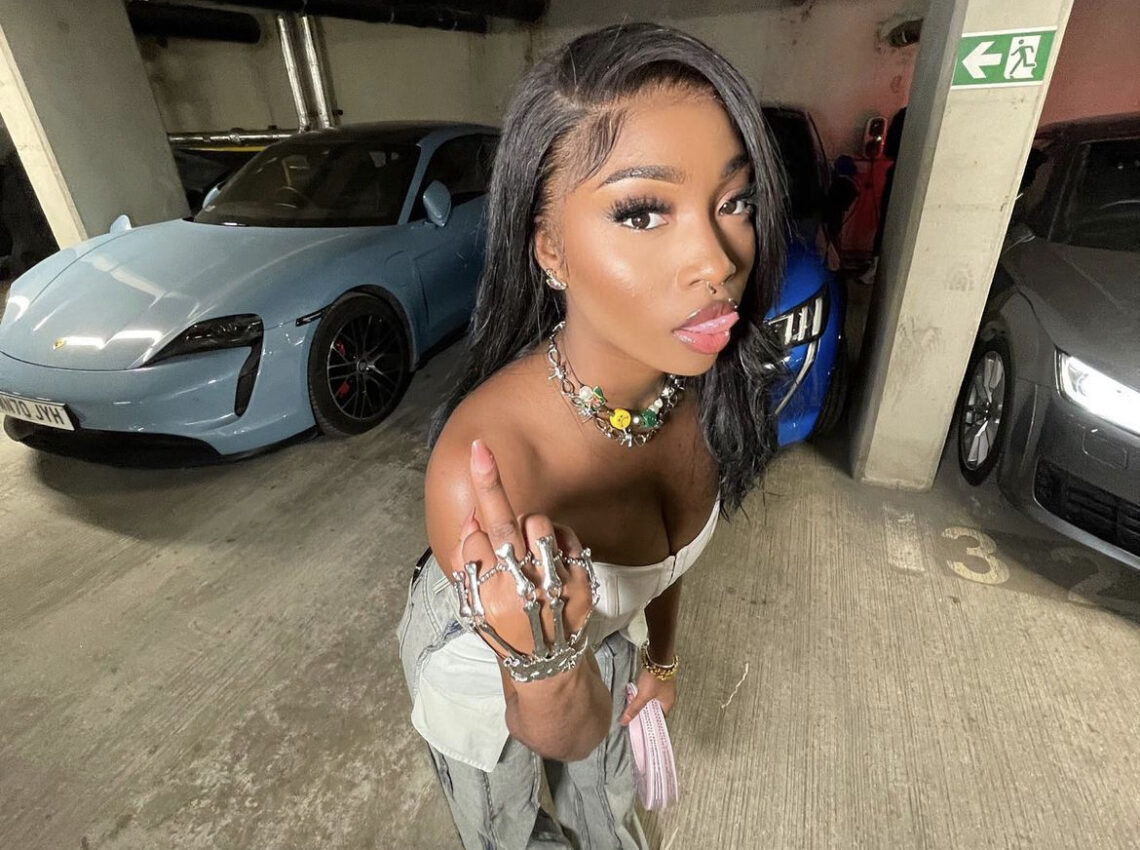
Long gone are the days of privacy. A quick scroll through one’s for you page will reveal countless personal stories about; unreliable hairdressers, fake friends, situationships, etc. You might hear people asking for advice about what to do with their cheating exes or that friend who has made one too many sly comments. Oversharing is our new norm.
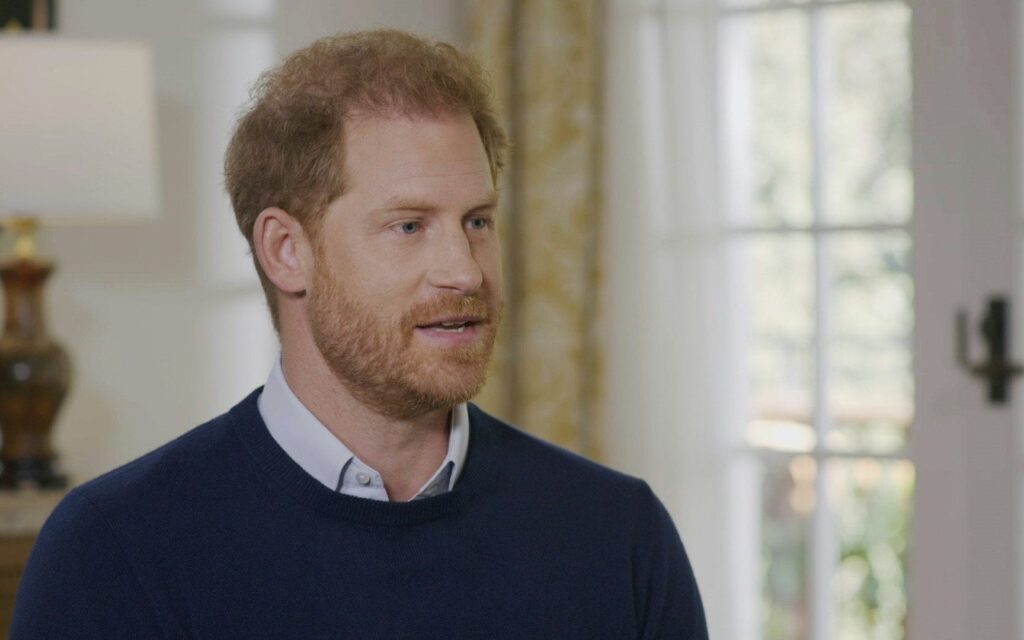
Regardless of age or medium, we all seem to have made a habit of oversharing. A few months ago, Prince Harry released his ‘tell-all’ memoir, ‘Spare.’ Within his memoir, he revealed many intimate – and some strange – details that were soon all over gossip pages. He spoke about losing his virginity behind a pub, killing men during the war, his drug escapades, and the thing that got him through his “lowest moments” – Shenseea.
Even closer to home was the Chelsea-Rianna situation, which had Tiktok and Twitter in a chokehold. @Riannalegend posted a long series of videos in which she analyzed her ex-friend @Chelscecilia’s Instagram, hair, clothes, etc., accusing her of copying her. And while people flooded her comments taking sides, there was one recurring comment – ‘how is this our business?’.
So oversharing is a phenomenon that people seem to indulge in, perhaps for different reasons. Undoubtedly, Prince Harry’s revealing memoir was not just the culmination of accidental revelations. Instead, the oversharing was a marketing tool. The traditional image of celebrities as mysterious and unknowable persists despite gossip pages and Twitter detectives. This means that when celebrities like Prince Harry overshare, we are shocked. This is especially true for the monarchy – an institution that prides itself on exclusivity and privacy.
But oversharing is not just used artificially for commercial purposes. With the rise of mediums like Youtube and Tiktok, we have seen how oversharing has created parasocial relationships. ‘Parasocial relationships’ is a term sociologists Horton and Wohl coined. It refers to a psychological relationship experienced by audiences in their mediated encounters with certain people through the media.
Otegha Uwagba, a bestselling author, writes about her experience as the subject of parasocial relationships. She said how we feel as if we know these people that we ‘interact’ with online, and technically we do. We know about their recent breakups, what they wear to go out, or their favorite blush combo.
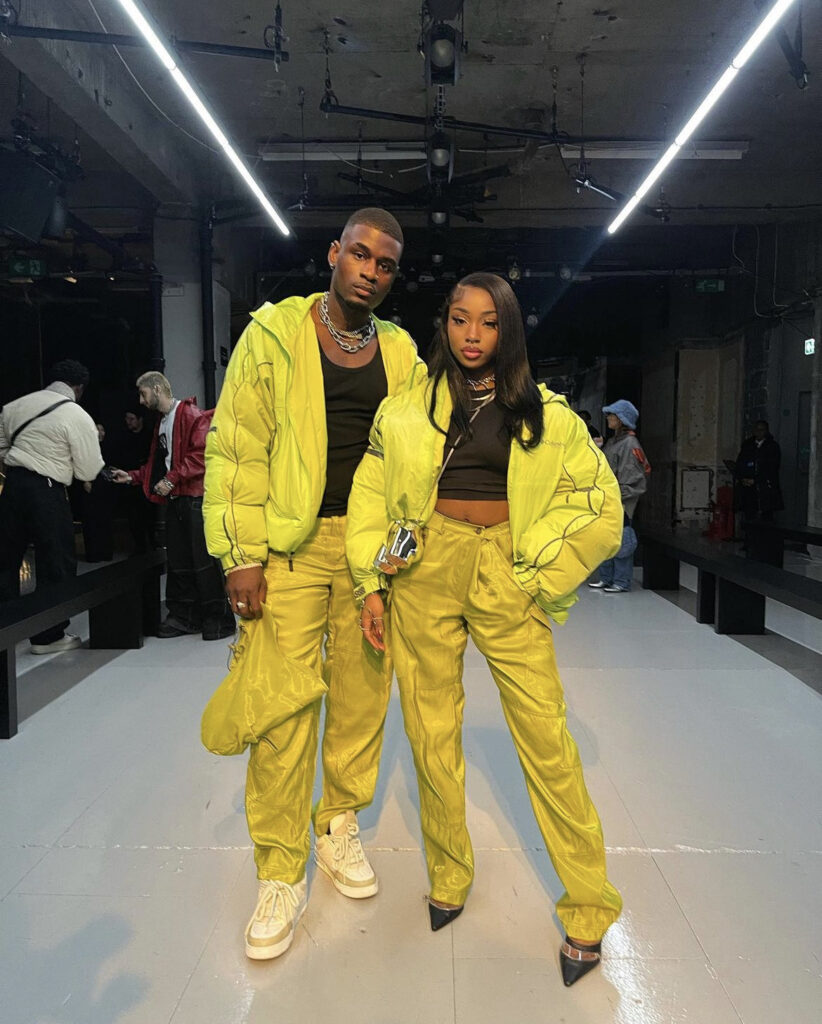
Recently famous influencers like; Indiyah, Dami Hope, Monet McMichael, Alix Earle, etc., all capture this. Celebrities take you through their day-to-day life to the point where watching them feels like a Facetime call. And even though some of this oversharing is crafted – influencer brands thrive off relatability – it still has an air of authenticity.
So it seems like part of the rise of oversharing and its corresponding normalization was about relationships and connection. The pandemic also seemed to fuel this paradigm shift in understanding relationships. Before the pandemic, relationships via social media were commonly devalued if not warned against. But with the pandemic, online connections were our only choice. Using personal stories, clubhouse, etc., we began to overshare with friends and family. We would share details about what we’re cooking, how we are coping with the pandemic, or – for the Linkedin warriors – what we are accomplishing.
Now we continue to overshare but just with a bigger audience. We reveal intimate details about our lives and traumas to the faceless internet as little bids for attention and connection.
Discover more from our Arts and Culture section here.




![ZINO VINCI’S ‘FILTHY & DISGUSTING’EP BRINGS YOU TO THE CORE OF THE ARTIST [@ZinoVinci]](https://guap.co/wp-content/uploads/2023/10/Zino-4.jpg)

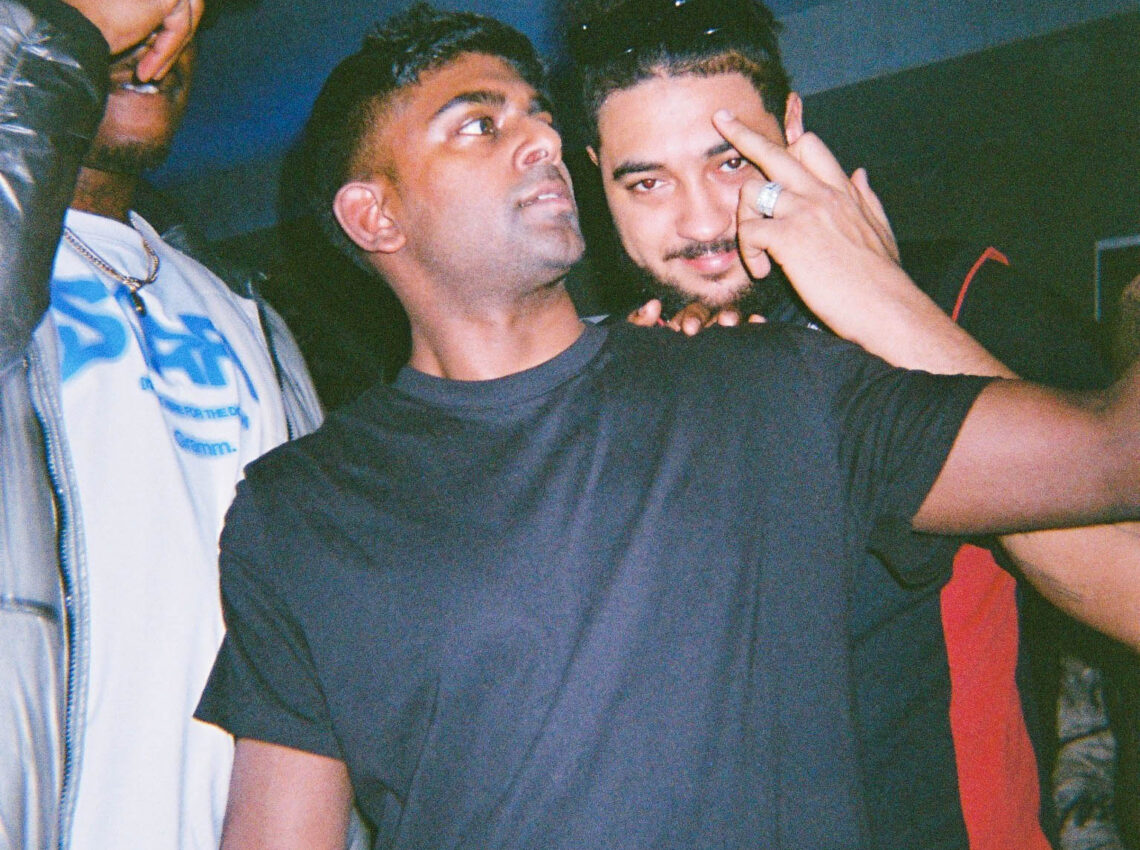
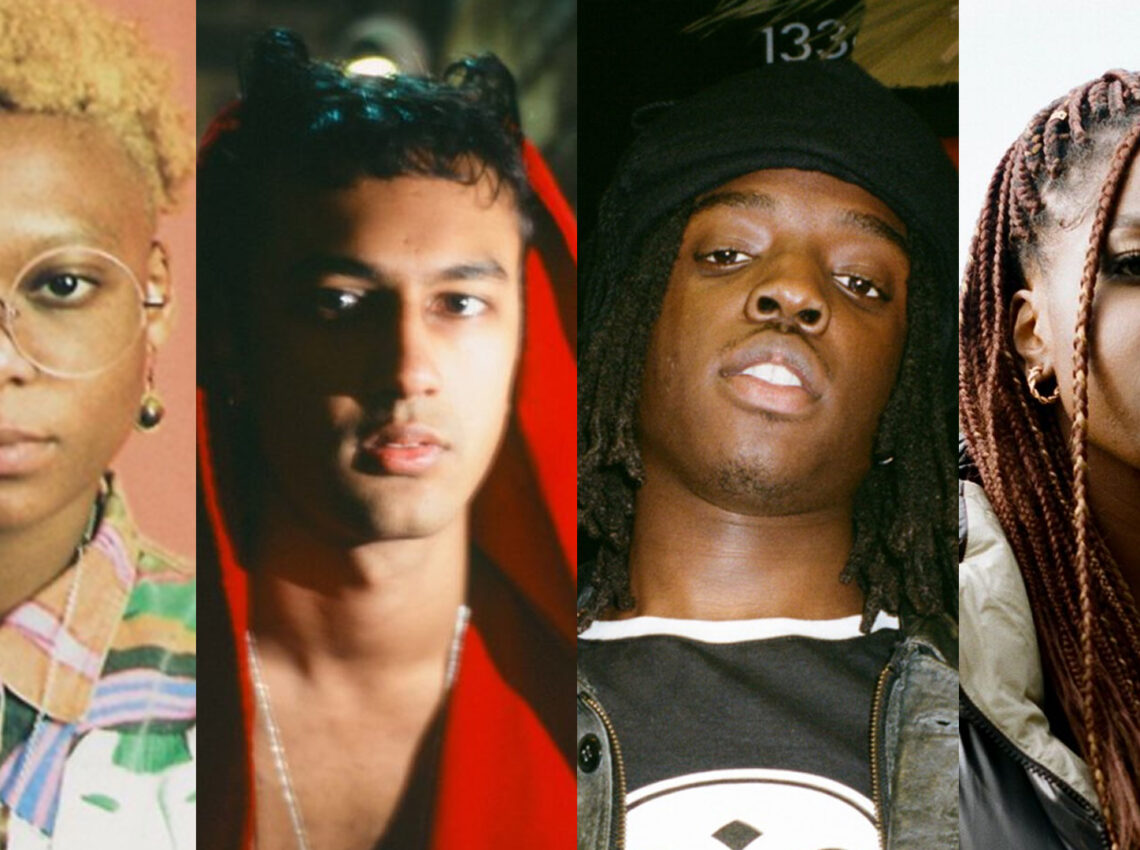


![Remel London’s [@Remel_London] “Mainstream” is a must attend for upcoming presenters!](https://guap.co/wp-content/uploads/2017/02/REMEL-LONDON-FLYER-FINAL-YELLOW-COMPLETE-1.png)